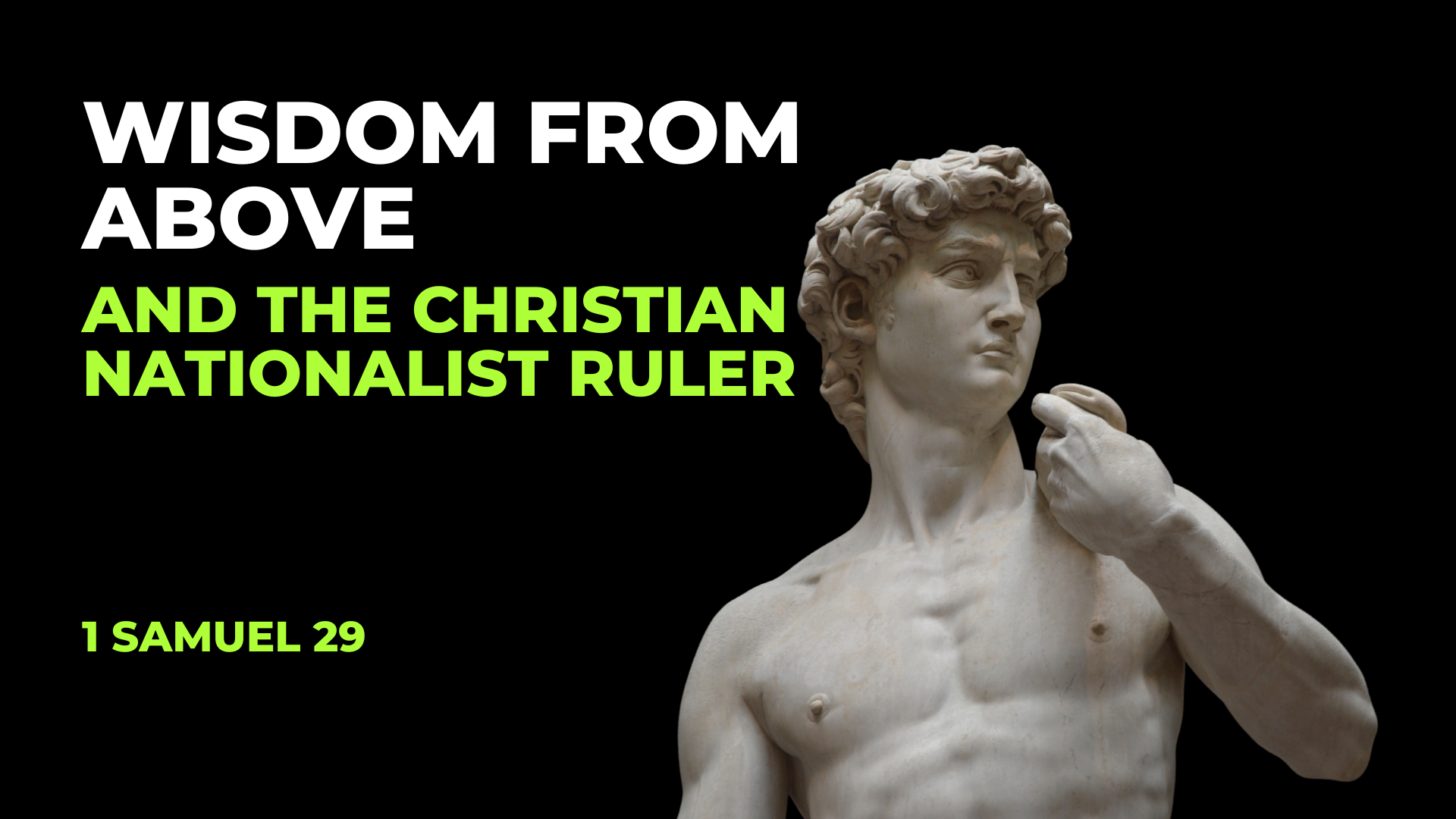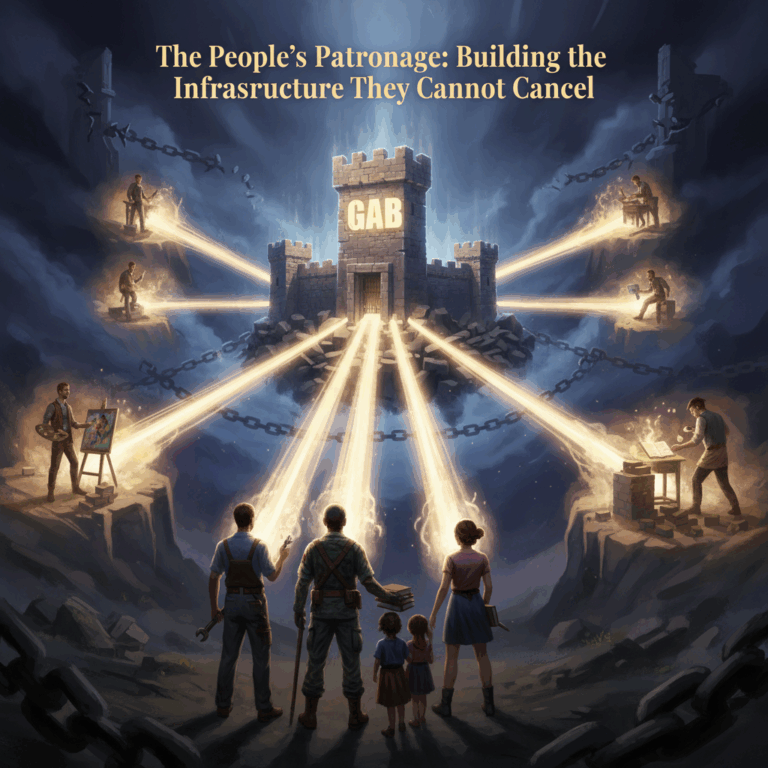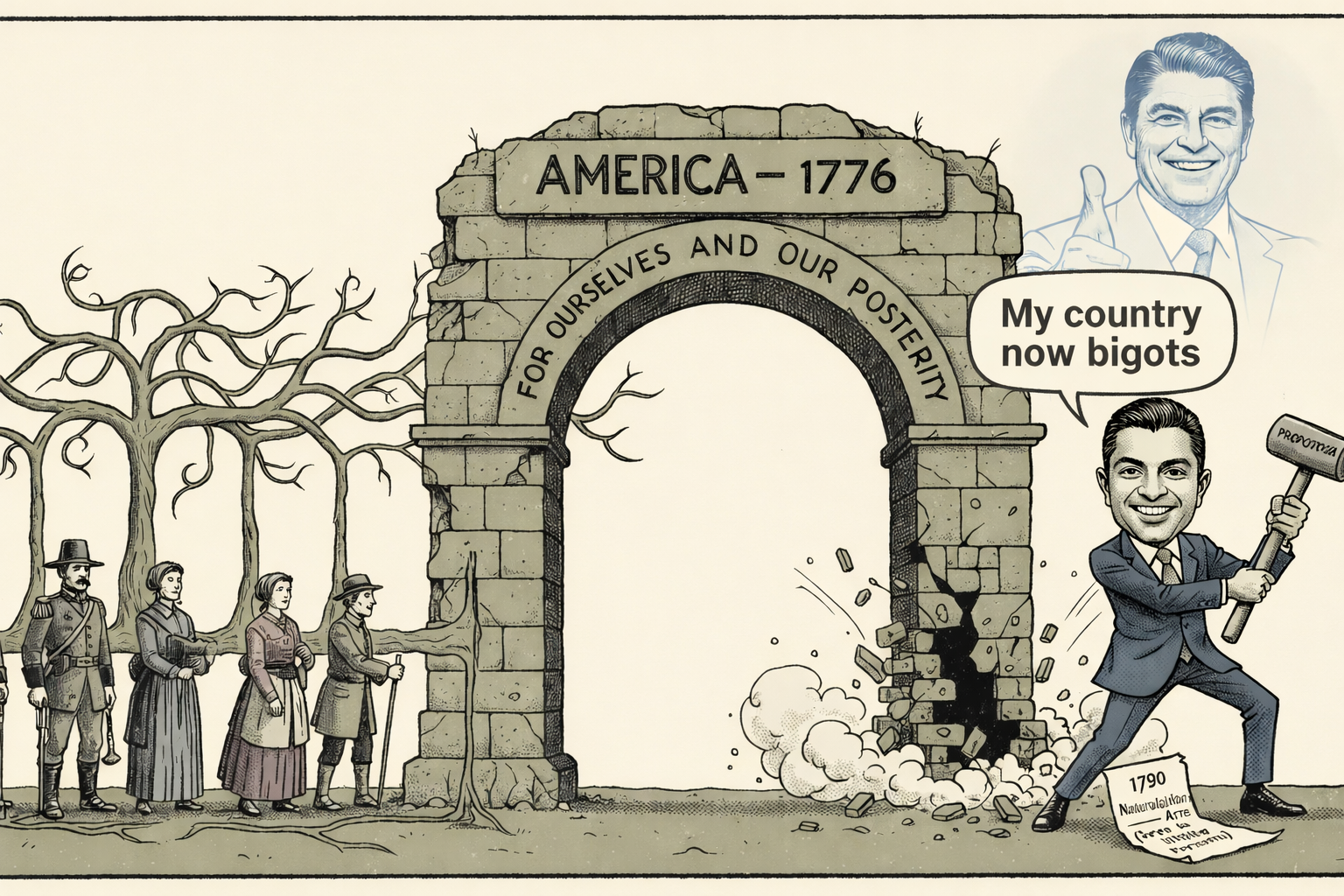1 Samuel 29:1-11
Introduction
Jesus Christ is the king of kings and ruler of this world. And He has brought His people into His kingdom to rule with Him. Believers are saved from sin, death, and hell, and saved to rule as kings under King Jesus. He wants His people to mature into people capable of wielding authority. Whether that is in the home, the workplace, or the civil realm, He has created you to take dominion. David’s story is given to us as an example of God’s anointed king demonstrating righteous rule. It is an example for God’s people 3,000 years later in our own time and place.
David has been tested repeatedly, and throughout the trials he has proven himself worthy. His suffering has produced wisdom that he has used well. He has avoided scandalous sin like regicide. He has carefully navigated being a fugitive on the run from a king he refuses to fight, as well as being a defector to the enemy without harming his own people. But now, David is in trouble. He’s been called out to war with the entire Philistine army against Israel. He cannot fight Israel. But he cannot rejoin Saul. He is stuck. And there is no amount of cleverness or wisdom that will get him out of this mess. So what is he to do?
29 Then the Philistines gathered together all their armies at Aphek, and the Israelites encamped by a fountain which is in Jezreel. 2 And the lords of the Philistines passed in review by hundreds and by thousands, but David and his men passed in review at the rear with Achish. 3 Then the princes of the Philistines said, “What are these Hebrews doing here?”
And Achish said to the princes of the Philistines, “Is this not David, the servant of Saul king of Israel, who has been with me these days, or these years? And to this day I have found no fault in him since he defected to me.”
4 But the princes of the Philistines were angry with him; so the princes of the Philistines said to him, “Make this fellow return, that he may go back to the place which you have appointed for him, and do not let him go down with us to battle, lest in the battle he become our adversary. For with what could he reconcile himself to his master, if not with the heads of these men? 5 Is this not David, of whom they sang to one another in dances, saying:
‘Saul has slain his thousands,
And David his ten thousands’?”
6 Then Achish called David and said to him, “Surely, as the Lord lives, you have been upright, and your going out and your coming in with me in the army is good in my sight. For to this day I have not found evil in you since the day of your coming to me. Nevertheless the lords do not favor you. 7 Therefore return now, and go in peace, that you may not displease the lords of the Philistines.”
8 So David said to Achish, “But what have I done? And to this day what have you found in your servant as long as I have been with you, that I may not go and fight against the enemies of my lord the king?”
9 Then Achish answered and said to David, “I know that you are as good in my sight as an angel of God; nevertheless the princes of the Philistines have said, ‘He shall not go up with us to the battle.’ 10 Now therefore, rise early in the morning with your master’s servants who have come with you. And as soon as you are up early in the morning and have light, depart.”
11 So David and his men rose early to depart in the morning, to return to the land of the Philistines. And the Philistines went up to Jezreel.
1 Samuel 29:1-11
Between a Rock and Hard Place (29:1-11)
As the Philistine lords review their troops before battle, they notice David and his men. They question Achish why they are there. Achish replies to them that it is David, the servant of Saul, who has been with him. And that he can personally vouch for David, who has served him since defecting. But the Philistine lords were hardly persuaded by him.
Instead, they are angered with him. They wanted David out of there. Why? Because they did not expect him to remain loyal when they were in battle with David’s own people. They believed that when the battle got going, he would turn back to Saul. They were all well aware of what was said about David, that songs were sung about how he had slain tens of thousands of their people. They knew that he had killed their giant champion, Goliath. They knew they could not trust him. And they were right not to trust him. There is no way David could attack Israel.
And it must be noted at this point that the Bible is showing us that ethnic loyalty is a concept based on reality. David and Achish had a strong bond. And it is almost certain the two were united in a common faith. But this did not transcend immediate political concerns. David and his men are Hebrews in the Philistine army, and they cannot be trusted to fight their own people. It is extremely controversial today, after decades of egalitarian cultural domination, but during the Second World War, the U.S. government didn’t intern Japanese people in camps just because they didn’t like the way they looked or thought eating raw fish was weird. They did so because ethnic loyalties are incredibly powerful and transcend mere agreements on paper. They did so because right after Pearl Harbor, a Japanese pilot crash-landed on a small Hawaiian island, was captured, and two Japanese-Americans helped him escape. These were legal residents of America on paper, but their loyalty to the land of their birth and the people whose blood they shared was stronger than that. Whether or not you think internment was justified, the story we are constantly told, “that America did that because it is such an evil, racist place,” just simply isn’t true. It was done for the same reason the Philistines kicked out David when they were about to go to war with his people.
And that phrase “his people” is something that those discipled in the religion of modern, liberal egalitarianism don’t get. We are trained to believe everyone is a mere individual with no outside influences working upon them, no heritage, no loyalty to family, tribe, or nation. You can just become whatever it is that you want to be. So when we see things like this in the text, it sometimes doesn’t make sense. Why wouldn’t they trust David? Well, because where and who you are from are very real things.
But Achish calls David and swears to him in Yahweh’s name. This is solid evidence that Achish is converted. Despite what cynical moderns might think, an ancient man would not invoke foreign gods unless he really believed in them. David and Achish are united in common faith, but, again, that doesn’t resolve immediate political concerns and distinctions between friend and enemy. They are brothers in faith, but when it comes to the public conflict between their respective nations, they are enemies. So, Achish sends him away.
Now, David responds as if he wants to stay and prove himself to Achish. It almost seems like David wants to fight Israel, which would be political suicide for the man set to become Israel’s next king. There’s no way he would have been accepted as king if he had fought against Israel. It seems that David here sees the writing on the wall that there is no possibility the Philistines will allow him to be present at the battle. So, he is keeping up appearances with his friend. The contrast between Saul and Achish, as some commentators have pointed out, is stark. David has served Achish well but lied to him the entire time, and Achish absolutely loves him. David served Saul faithfully and regularly to his own hurt and has been totally blameless, yet Saul hates him and wants him dead. Achish seems to be converted to the faith due to David’s presence, and Saul is an apostate because of his paranoia about David.
It is the irony of ironies. But it serves an important typological purpose. Jesus’s ministry was explicitly toward Israel, yet Israel rejected Him. But any time a random Gentile wandered into the picture in the gospels, what would happen? Bam, they’d believe. He calls the Syro-Phonecian woman a dog, and He’s here for the children of Israel, yet she takes it in stride and is filled with faith, and He rewards her. The Jews Jesus ministered to call Him a demon after watching Him health the sick and the blind, but a Centurion believes Jesus could heal his servant from 50 miles away. Pilate can’t find guilt in Jesus, but Herod and the chief priests sure could! Even as the crowd in Jerusalem is cheering Jesus’s death around the cross, who confesses Christ as the Son of God as He died? One of the Roman soldiers who nailed Him to it. Like Christ, those who should trust David the most do not, and those who have no reason to trust David, and even many reasons to distrust him, nevertheless do trust him.
Conclusion
Here David has gotten out of a tricky situation. He goes back to Philistia. And there is nothing he personally could do to extricate himself from it. There is no clever trick or stratagem he could employ. He had to trust God to rescue him. He had been in a similar spot before. When Saul had him trapped on the mountain, totally boxed in with nowhere to go, what happened? The Philistines attacked Israel, and Saul had to go. What happened? God sent the Philistines to rescue David. What happened here? God sent the Philistines to rescue David.
God does things like this all the time. He wants us to have wisdom. He wants us to grow and mature and operate within the world He has made. But above all else, He wants us to trust Him. And there are often situations that we are in where things are totally outside of our control. In fact, the majority of things are totally outside our control. We just take all of it for granted all the time. Part of wisdom is in understanding that incredibly little is within our control. Read the Book of Ecclesiastes by David’s son, Solomon, for more on that. Wisdom is for that tiny little bit within your control and understanding what you can and cannot do within that tiny bit. You are surfing on top of a massive 200-ft wave. Yes, you can go a little bit to the left, or you can go a little bit to the right, but you have absolutely no power over the million tons of water moving under your feet. You are at its mercy. That is what life is.
David has reached a point where wisdom fails. He has been incredibly shrewd and clever. He has been as crafty as a serpent and as innocent as a dove. But nothing he does is going to get him out of this situation. Only God acting will. And so many times in our lives we are faced with the same thing. All we can do is confess, “I am not in control. God is.”
So the charge to you is this: recognize what you can and cannot do, and leave the rest to God. It sounds so simple. It is simple, but it is also very, very hard. We want control over everything. But it is far better for God to be in control and for His plan to be worked out. When we are faced with situations like this where our backs are against the wall, these are the moments when God comes out of nowhere and saves the day. Trust Him. In the Name of the Father, the Son, and the Holy Spirit. Amen!

Andrew Isker is the pastor of 4th Street Evangelical Church in Waseca, MN. He is a graduate of Minnesota State University and Greyfriar’s Hall Ministerial Training School, and he has served churches in Missouri, West Virginia, and Minnesota. He is the author (with Andrew Torba) of Christian Nationalism, and the author of the forthcoming book, The Boniface Option. Andrew, his wife Kara, and their five children reside in his hometown of Waseca, MN. He can be found on Gab @BonifaceOption.





